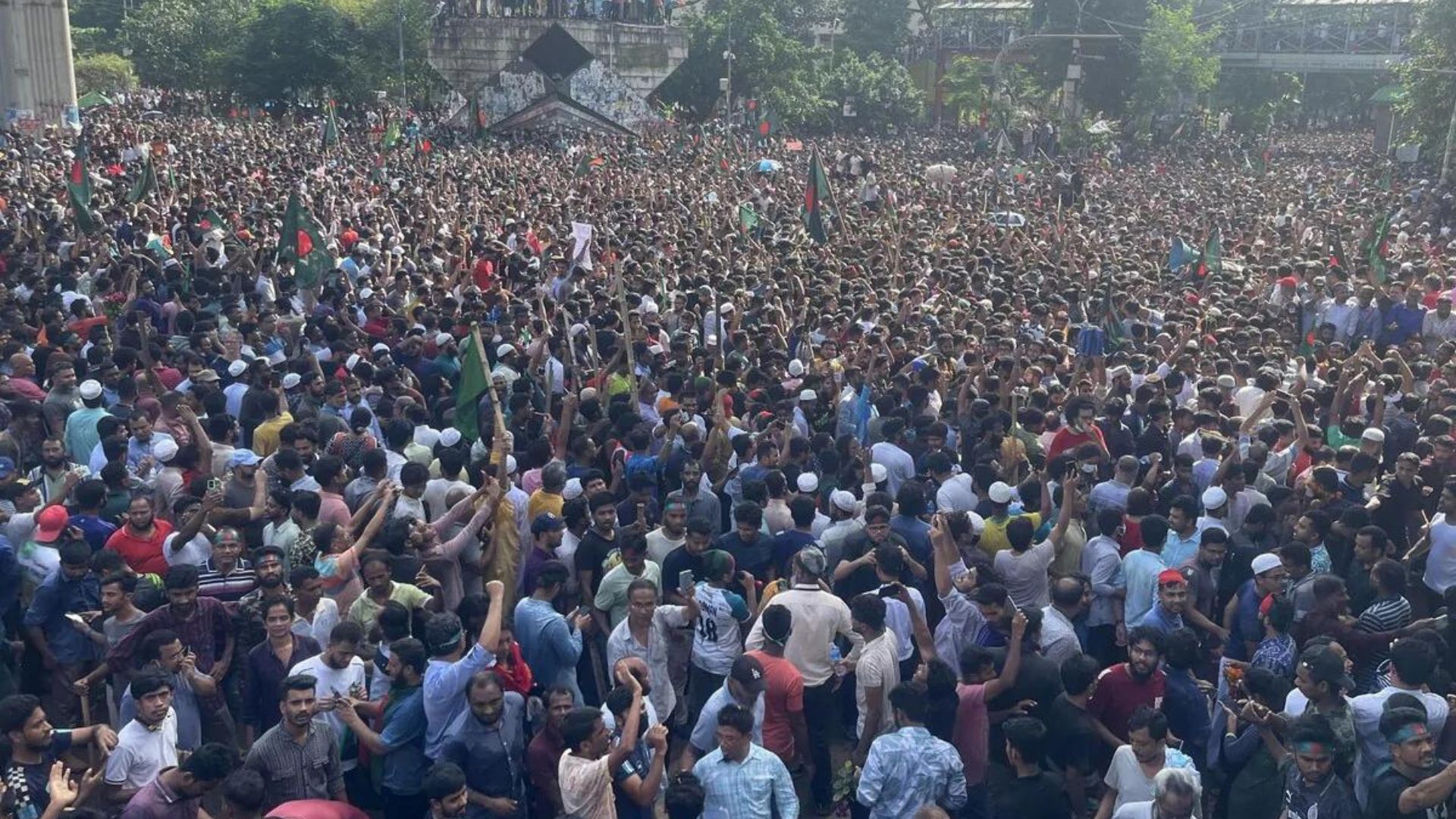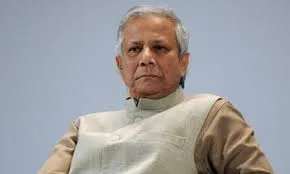In 2017, the Ministry of Home Affairs (MHA) issued a crucial directive to all states, emphasizing the need to identify and verify the presence of Rohingya refugees and other illegal immigrants. The directive arose from national security concerns and the growing recognition of illegal immigration as a threat, particularly to border states like Jharkhand. The Ministry’s order underlined that such immigrants pose significant risks, including altering the demographic balance, social unrest, and complicating issues of governance and security at multiple levels.
Jharkhand’s Criminal Investigation Department (CID) acknowledged the problem, with reports confirming the presence of illegal immigrants in various parts of the state. These immigrants, many of whom arrived from neighbouring countries, have settled in Jharkhand over the years, raising alarm about the potential for demographic shifts in key regions. As more immigrants settle, concerns are mounting over their impact on local communities, resource distribution, and regional stability. The state’s porous borders and unchecked influx have made it a hotspot for such illegal immigration, demanding urgent government intervention.
In response to this growing threat, a Public Interest Litigation (PIL), Writ Petition No. 6547 of 2022, was filed in the High Court of Jharkhand at Ranchi. The petitioner, Danyaal Danish, sought the court’s intervention to compel the state authorities to address the illegal immigration crisis. The petition demanded the Jharkhand government comply with the MHA’s 2017 directive and take action to identify and remove illegal immigrants from the state. The petitioner argued that the state’s inaction posed significant risks to both security and governance, with the situation demanding immediate attention from both the state and central governments.
A compliance affidavit was filed by Keshab Biswas, Assistant Director of the Bureau of Immigration (BOI), Ministry of Home Affairs (MHA), on behalf of the Central Government. In this affidavit, the Central Government laid out its position, expressing concern over the state government’s failure to act on this pressing issue. Biswas’s affidavit detailed the series of meetings between the Union Home Secretary and the Chief Secretary of Jharkhand. Notably, during a meeting on 29th September 2024, it was emphasized that the primary responsibility for identifying illegal immigrants rested with the Jharkhand government. Despite this, the state had not initiated any significant actions to fulfilthis responsibility.
The affidavit also revealed the Central Government’s willingness to support Jharkhand in implementing measures to address illegal immigration. The Union Home Secretary proposed the formation of a fact-finding committee, consisting of representatives from both the state and central governments, to investigate the scale of illegal immigration and suggest preventive measures. However, in a surprising move, the Jharkhand government refused to cooperate, stating they were not in Favor of such a committee. Furthermore, the affidavit noted that the State Government had challenged the High Court’s order in the Supreme Court, indicating its reluctance to comply with the court’s directives.
This resistance from the Jharkhand government is particularly concerning given the scale of the problem. Illegal immigrants, particularly Rohingyas, have been reported to not only settle but also engage in activities that may alter the social and political landscape of the state. The state government’s refusal to cooperate with the Central Government, combined with its reluctance to comply with judicial orders, suggests a significant governance gap in handling this serious issue. Such non-cooperation in the face of a national security threat could have grave consequences, especially in a state where demographics and local politics are sensitive.
One of the critical issues highlighted in the affidavit is the potential impact of illegal immigration on the state’s electoral process. Reports suggest that many illegal immigrants may have obtained forged voter identification documents, allowing them to participate in elections. This undermines the integrity of the electoral system and poses a direct threat to democracy. The involvement of illegal immigrants in the voting process could lead to significant manipulation of voter lists and, consequently, election outcomes. This is particularly concerning with the upcoming elections in Jharkhand, where demographic changes could sway political fortunes.
The issue of illegal immigrants becoming part of the voter base is not just a legal or administrative issue—it strikes at the very core of the democratic process. The affidavit emphasizes that the state’s voter lists could be significantly compromised if illegal immigrants continue to register as voters. This manipulation has the potential to subvert democracy, allowing foreign elements to influence the governance of the state. Moreover, it raises questions about the fairness and transparency of the elections, as political parties may seek to exploit the situation to gain an unfair advantage.
Furthermore, the demographic changes brought about by illegal immigration could have long-term implications for Jharkhand. The influx of immigrants is likely to affect the state’s social fabric, with tensions potentially arising between local populations and immigrant communities. Such demographic shifts could lead to unrest, social conflict, and an overall weakening of the state’s governance structure. The affidavit warns of the dangers of ignoring these demographic changes, as they could lead to a more unstable and divided society in the long term.
In conclusion, the affidavit filed by the Central Government reveals a troubling state of affairs regarding illegal immigration in Jharkhand. The refusal of the state government to cooperate with the Centre’s efforts, along with its resistance to judicial directives, signals a significant governance failure. Illegal immigration is not just a local issue—it is a national security threat that could have far-reaching consequences for the state and the country. The demographic shifts caused by illegal immigration, combined with the potential manipulation of the voter base, threaten the very foundations of democracy in Jharkhand. Immediate action is required to prevent the situation from spiralling out of control, and the Central Government’s affidavit calls for urgent judicial intervention to address this critical issue before it’s too late.
Pankaj Singh, Advocate Supreme Court of India























